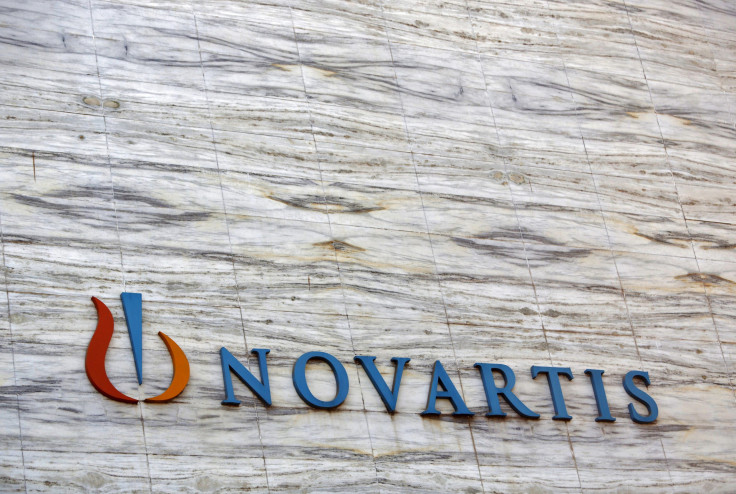Novartis Earns Approval For Existing Drug To Treat Rare Blood Cancer In Europe, Boosting It To 'Blockbuster' Potential

Novartis AG said Tuesday it received approval from the European Commission to use its drug known as Jakavi in the U.S. to treat a rare form of blood cancer called polycythemia vera. With the endorsement, Novartis may now sell its drug to PV patients in 31 additional countries including Norway and Iceland, putting it on track to elevate sales of the treatment to over $1 billion.
The drug was approved to treat PV in the U.S. in December 2014, and Novartis has been pursuing its approval for PV patients in other countries. Patients with PV produce too many red blood cells. There is no cure for the disease and complications from it can cause patients to suffer blood clots, a stroke or a heart attack. About 1 in 100,000 people suffer from PV worldwide, according to PharmaTimes. Jakavi is already approved in 80 countries for myelofibrosis, which is a rare bone marrow cancer.
The opportunity to expand Jakavi's revenue through the new treatment could elevate the drug to “blockbuster potential,” David Kaegi, an analyst with J. Safra Sarasin, told Reuters last year. Novartis -- which has annual sales of $58 billion -- raked in $279 million from Jakavi last year, but the EU’s approval could help it eventually top $1 billion, PharmaPhorum reported. The drug costs about $6,800 a month for each patient, which breaks down to about $114 a pill, according to PharmacyChecker.com.
The approval reflects drug companies’ preference for tacking on additional therapies to existing drugs and their growing efforts to treat devastating diseases that afflict a relatively small number of patients. By finding new uses for a drug that has already been created, pharmaceutical companies can maximize their profits for that medicine without sinking more production and research costs into creating a brand new one.
The drug will primarily treat the 25 percent of PV patients who have proven resistant to hydroxyurea, one of the leading treatments for this form of cancer. With Jakavi, 49 percent of patients showed improvement in their symptoms to a degree that was detected in only 5 percent of patients who were treated with existing therapies, Novartis said. Two of the most common side effects of the drug were dizziness and constipation, which occurred in about 16 percent and 8 percent of patients, respectively.
Last year, the pharmaceutical industry in the U.S. received approval for 44 drugs from the Food and Drug Administration -- the most of any year since 1996, according to Forbes.
© Copyright IBTimes 2025. All rights reserved.






















